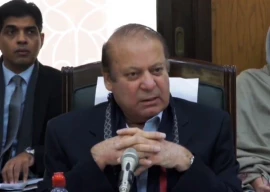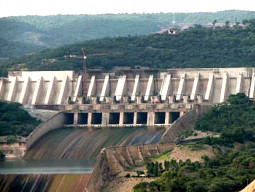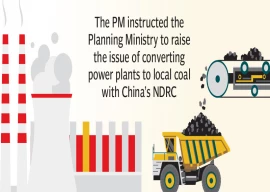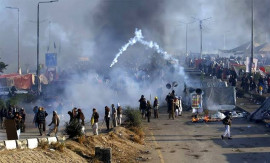
The World Bank (WB) has a new president. But what is so new? The US government has always nominated an American to head the WB, just as the Europeans appoint other Europeans to head the International Monetary Fund. This duopoly has existed since the birth of the two organisations at Bretton Woods in 1944 in the name of development and stability. All appointments hitherto have been made at the discretion of the president of the United States. No transparent or due process existed. This time around, however, there have been a few departures from the routine in selecting Jim Yong Kim as WB president.
First, unlike in the past, the position has gone to the not-for-profit sector rather than to a public servant or the for-profit sector. The new man was the president of an Ivy League college and co-founder of an NGO, Partners in Health.
Secondly, the background of the new president is not in finance or economics but in development. His specialisation, public health, has become a major development issue in protecting and promoting human productivity. Jeffrey Sachs, the economist behind the formulation of the millennium development goals, who is now agonising over their slow progress, called for the WB to be led by a developmental leader rather than a banker, hence welcoming Kim.
Third, in choosing Kim, a Korean-born American, an attempt has been made to signal that the presidency is not necessarily an Anglo-Saxon preserve.
But Latin America and Africa thought differently and for the first time the duopoly was challenged. A former finance minister of Colombia withdrew his candidature saying that politics, rather than merit, would determine the outcome. Nigerian finance minister, Ngozi Okonjo-Iweala, a woman of substance, went all the way but the ‘champions’ of democracy, merit and gender development got together to defeat her. It was not just Europe and the United States scratching each other’s backs, but also China and India as only Brazil and South Africa supported her. The defeat, however, failed to dampen Okonjo-Iweala’s spirits, who declared: “Our credible and merit-based challenge to a long-standing and unfair tradition will ensure that the process of choosing the World Bank president will never be the same again”.
The Bank, as its staff likes to call it, started with the straightforward approach of lending for development projects, like the Tarbela dam in our case. In time, it became a crusader for the neo-liberal ideology. First, it attempted to get the prices right in developing countries. Not making much headway there, the mantra was changed to correcting institutions. Now, there are attempts to get the governments and in some cases, the states, corrected. What would President Kim correct? A book, Dying for Growth: Global Inequality and the Health of the Poor published in the year 2000, with Kim as chief editor, got “neo-liberal policy measures” correct by holding “the quest for growth in GDP and corporate profits” responsible for worsening the lives of millions. Neo-liberalism failed the poor even in its success with growth. Soon after his nomination was announced by President Barack Obama, Kim was already unlearning. The Bank, he said, had since shifted to pro-poor growth. After winning the one-sided contest, he told the BBC that “market-based growth is a priority for every single country”. At this rate, the good old healer will die trying to achieve growth by July 1, 2012, the day of his formal inauguration.
Published in The Express Tribune, April 28th, 2012.
COMMENTS (7)
Comments are moderated and generally will be posted if they are on-topic and not abusive.
For more information, please see our Comments FAQ












































The borrowers can't be and shouldn't be choosers in the matters of how to run a lending intitution.Is it too difficult to understand?
The World Bank is an irrelevant institution. It is a good example of attracting good minds (Stiglitz, Stern, Lawrence Summers and now the new WB President), but with very little to show for their efforts. Its fundamentals seem flawed or mired in bureaucracy. In Pakistan, its contributions are negative. During periods of close alliance with USA, it has lent extensively in budgetary support allowing the government to go its merry ways without reforming and improving governance to leave the country indebted. This is against the concept of development, which is what it is meant to do.Governments borrow because thy think of short term survival.
Feel sorry for the Nigerian economist Okonjo-Iweala . She was well suited for the job. If it had to go the USA , Jeffrey Sachs, Columbia University would have been a better choice but then he drifts a little away from the neo-liberals.
yes, very disappointing. But I can see a Chinese as head of the IMF in the not too distant future -- namely, in our life-time!
why theu called world bank for to occupy world?? may be and they does.